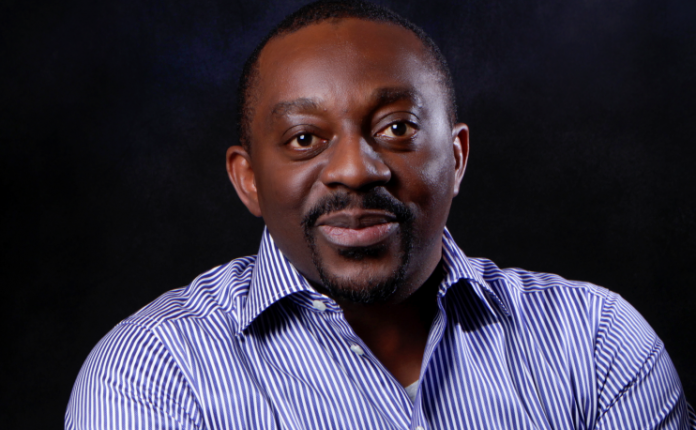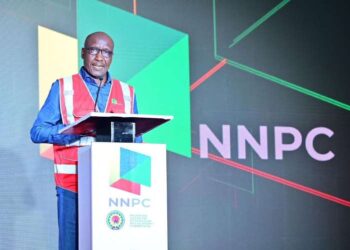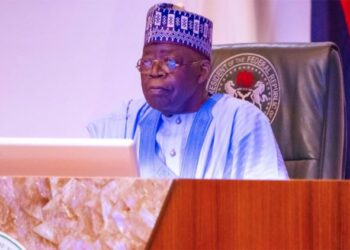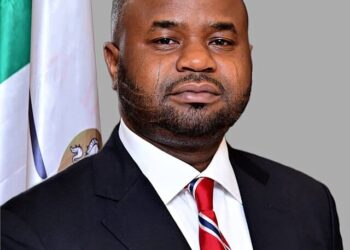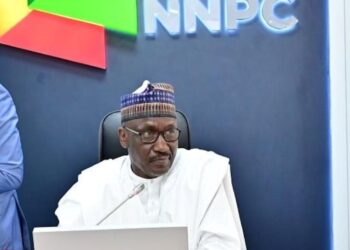As Nigeria’s democracy continues to find its footing, the role of the media as the Fourth Estate of the Realm becomes increasingly crucial. The press serves as a watchdog, holding those in power accountable and ensuring the free flow of credible and unbiased information to the public.
However, recent events have cast a dark shadow over this vital institution, with journalists facing harassment, intimidation and persecution simply for doing their jobs.
It is a bitter irony that these attacks on press freedom are occurring under the leadership of President Bola Ahmed Tinubu, a media practitioner himself, who once championed the country’s return to democracy and faced persecution from military juntas. His tenure was supposed to usher in a new era of unfettered press freedom, yet the reality on the ground tells a different story.
One particularly egregious case highlights the precarious situation faced by journalists in Nigeria. Daniel Ojukwu, a reporter with the Foundation for Investigative Journalism (FIJ), was arrested by the police on May 1 and held without charge for over 10 days. His alleged offence? Authoring a report alleging that a senior government official had misappropriated funds meant for school construction.
Despite mounting pressure from colleagues, press freedom advocates and international organisations, the authorities remained unwavering, refusing to provide any legal justification for Ojukwu’s detention. It was only after intense scrutiny and the pressure of growing international condemnation that he was finally released, a chilling reminder of the precarious position journalists find themselves in when exposing corruption and malfeasance.
The sanctity of press freedom is enshrined in the Nigerian Constitution, a fundamental tenet of any thriving democracy. The media’s role as the fourth estate is to inform the public, hold those in power accountable and serve as a beacon of truth in a world often shrouded in propaganda and misinformation. Without a free and independent press, the very fabric of democracy is threatened.
The recent wave of attacks on journalists is a cause for grave concern. From physical assaults and arbitrary arrests to threats and intimidation, these acts not only violate the constitutional rights of media professionals but also undermine the principles of transparency and accountability that are essential for good governance.
The abduction of Segun Olatunji, the editor of FirstNews, by armed men and his subsequent detention without charge, is a chilling reminder of the dangers faced by journalists. The brutal attack on Dayo Aiyetan, the Executive Director of the International Centre for Investigative Reporting, during the 2023 presidential election, is a stark manifestation of the violence that journalists often encounter while carrying out their duties.
These incidents, coupled with the numerous cases of harassment, threats and unlawful arrests documented by organisations like the Committee to Protect Journalists and the Media Rights Agenda, paint a bleak picture of the state of press freedom in Nigeria. The newly enacted Cybercrime Act, while intended to combat internet-related offences, has raised concerns among advocates who fear it could become another tool for censorship and intimidation, akin to the infamous Decree 2 used by past military regimes to hound journalists underground.
It is disheartening and ironic that such attacks on the press are occurring under the watch of President Tinubu, a crusader for democracy and a key stakeholder in the media. These scary trends are reminiscent of the dark days of military rule and should not be allowed to continue.
However, it would be remiss not to acknowledge the responsibility that comes with the power of the pen. While the media must be free to report without fear, it must also exercise caution and adhere to the highest standards of journalistic ethics. Responsible journalism demands thorough fact-checking, impartiality, and a commitment to truth above all else.
There must be a delicate balance between press freedom and press responsibility, with the courts serving as the ultimate arbiter in cases where there might be libellous circumstances and one party feels aggrieved without recourse to arm-twisting by men of our security agencies.
The media’s role is not to wield unchecked power but to serve as a catalyst for positive change, shining a light on injustice and holding those in power accountable for their actions.
A free and independent press in a democratic society is the bedrock upon which the principles of transparency, accountability and good governance are built. Without a vibrant and fearless media, the voices of the people would be silenced, and the powerful would operate with impunity, unchecked and unquestioned.
As Nigeria navigates the turbulent waters of democratic consolidation, it is imperative that the freedom of the press is upheld and protected. Journalists must be able to carry out their duties without fear of reprisal, and those who seek to silence or intimidate the press must be resisted.
At the same time, as journalists, we must embrace our responsibility to uphold the highest standards of ethical journalism. We must be unwavering in our pursuit of truth, impartial in our reporting, and courageous in our quest to hold those in power accountable.
The path forward requires a delicate balance, a dance between press freedom and press responsibility, with the courts serving as the final arbiter. It is a journey that must be undertaken with vigilance and determination, for the future of Nigeria’s democracy depends on it.
In the words of Thomas Jefferson, “Were it left to me to decide whether we should have a government without newspapers or newspapers without a government, I should not hesitate a moment to prefer the latter.” Let us heed these words and embrace the power of a free and responsible press, for it is the cornerstone upon which the edifice of democracy rests.
- Ogannah is the Publisher/Editor-in-chief of TheWILL Newspaper


